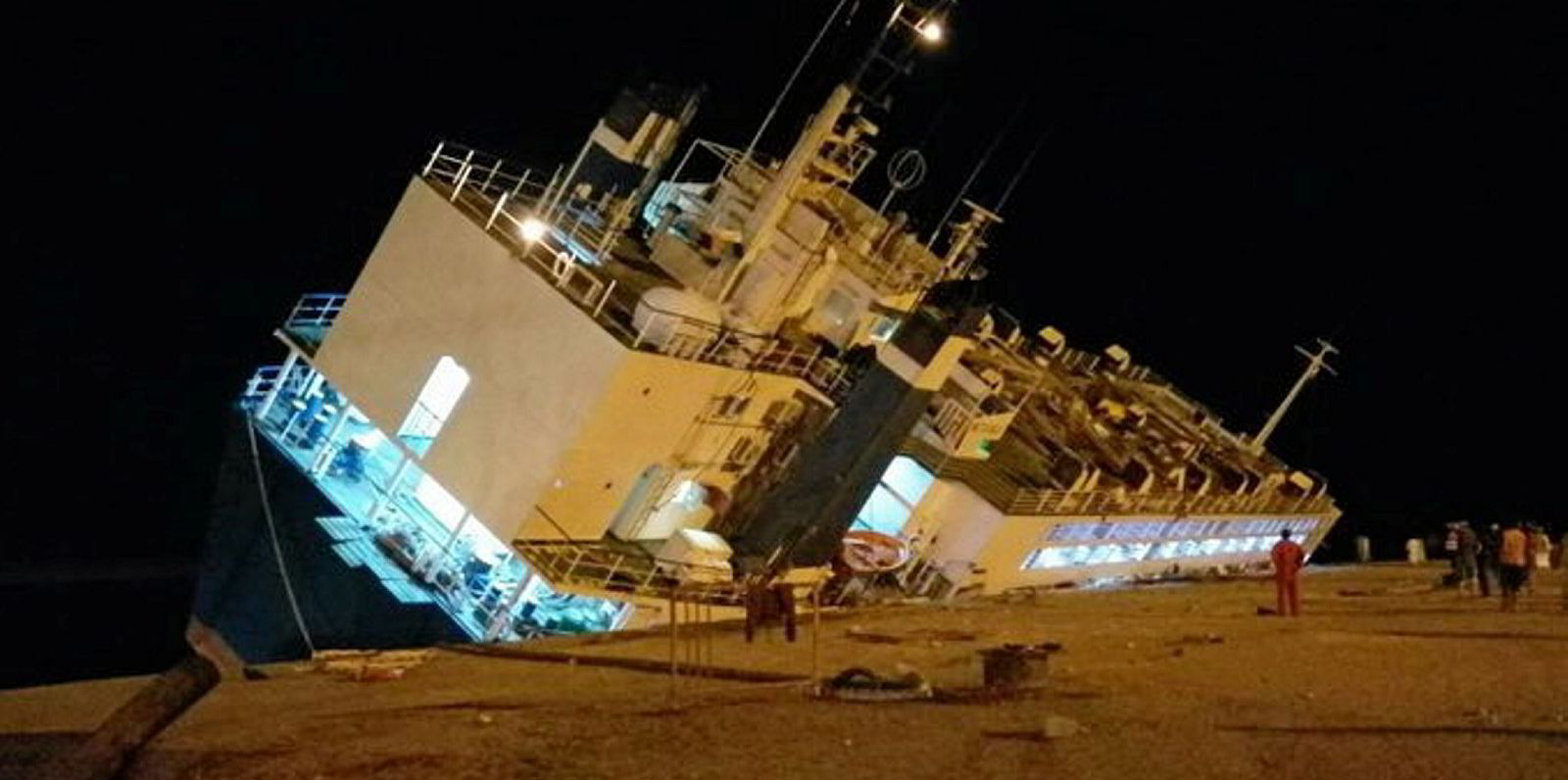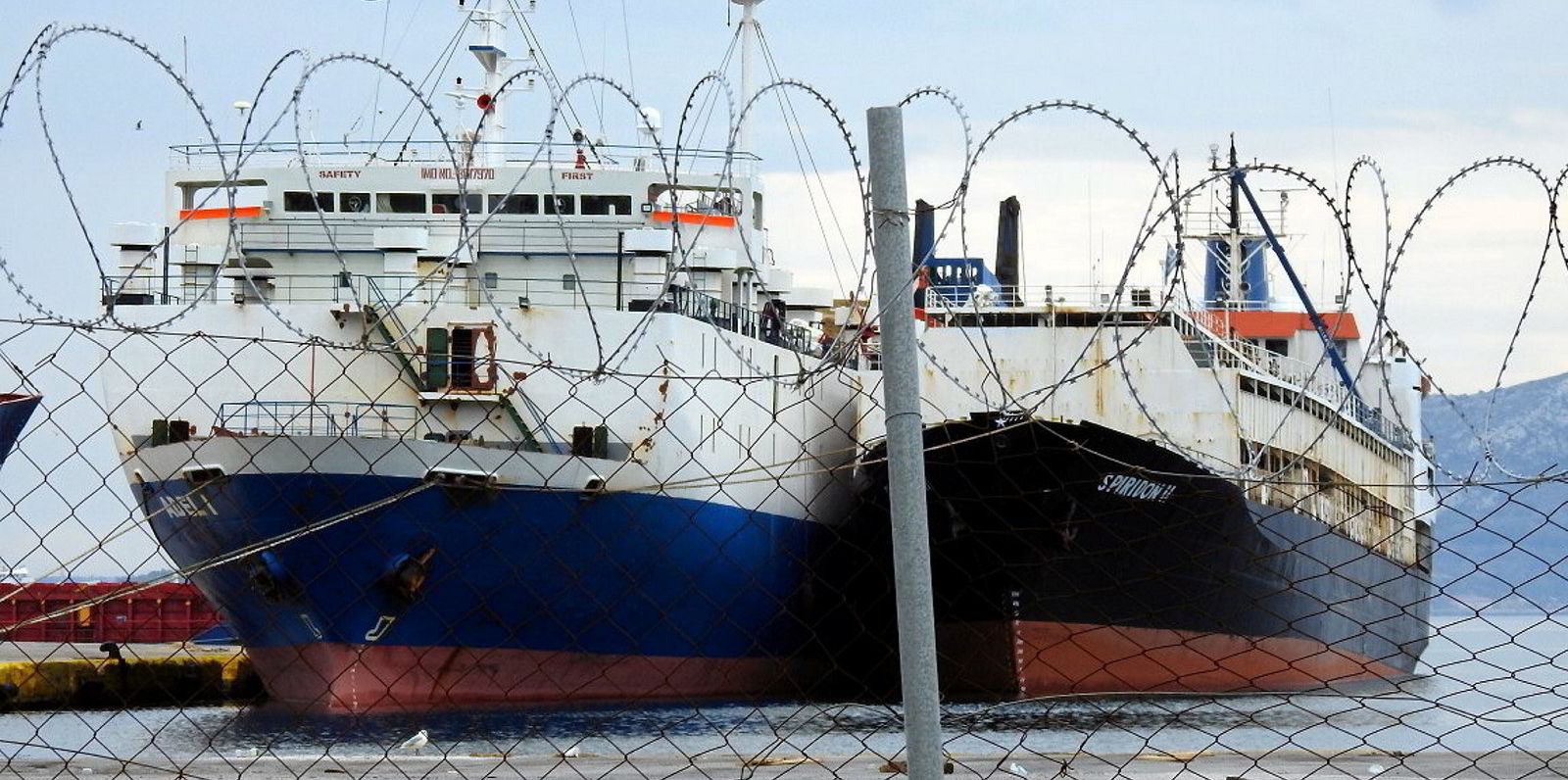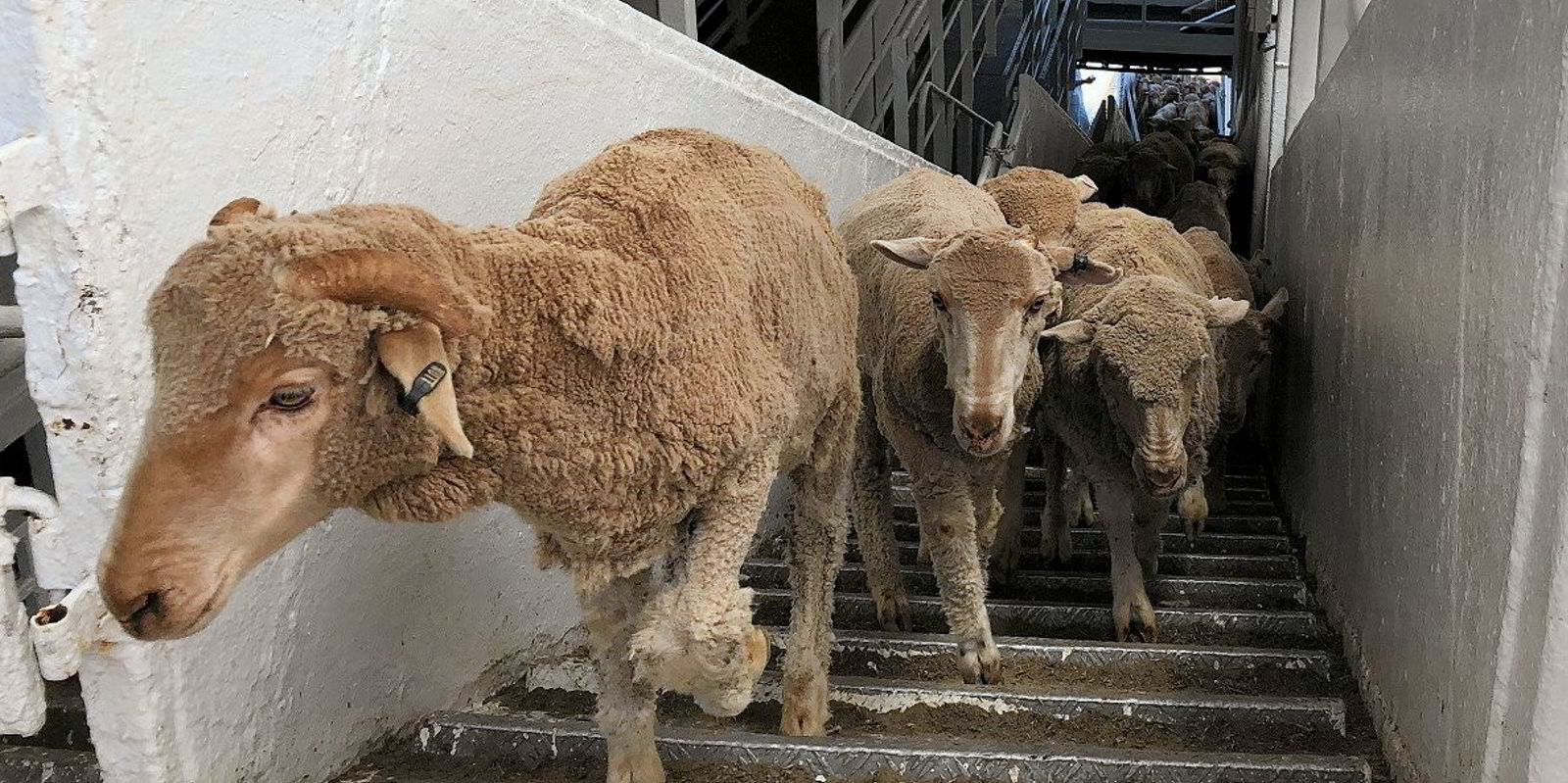A livestock carrier has sunk at its moorings in Sudan with the loss of nearly 15,000 sheep.
The crew of the 1,600-dwt Albadri 1 (built 1973) was safely evacuated, but just 700 animals were saved.
The vessel capsized in the evening of 11 June at the Red Sea port of Suakin. It had been due to sail to Saudi Arabia.
AllAfrica reported that initial investigations suggested the ship had been overloaded.
The cargo loss was estimated at $4m.
The Tanzania-flagged ship is owned by Al Badri Shipmanagement of the United Arab Emirates, which could not be contacted.
Port official Mohamed Abdelhafiz said that the carrier began to list 30 degrees to starboard after it had been cleared to leave port.
“By the time we arrived at the berth, the list had increased to 45 degrees,” he said.
Abdelhafiz added that all attempts to save the ship failed, and it sank at the pier.
Islam Babiker Abu Derq, the director of the Maritime Control Department at Sudan’s Sea Ports Authority, suggested the cause of the sinking was due to excessive loads, or misdistribution of the load inside the ship.
Khaled El Maqbool, head of the Meat Exporters Division of Sudan, stressed the importance of setting controls and requirements that meet the required standards specific to weight, size, required special stalls and ventilation.
A shameful history
In March, animal welfare charities called for stiffer European legislation on the carriage of livestock at sea after a 49-year-old vessel broke down in the Mediterranean and required a ship-to-ship transfer of nearly 8,000 animals.
The 4,054-dwt livestock carrier Spiridon II (built 1973), with 300 young bulls and 7,600 sheep on board, encountered engine problems four days after leaving the port of Tarragona in Spain on 23 February en route to Aqaba in Jordan.
Animal Welfare Foundation (AWF), Compassion in World Farming (CIWF) and Animals International said that as the animals were declared “export animals”, they could not re-enter the European Union.
Lengthy journeys involving the livestock carriers Karim Allah and Elbeik in early 2021 led to 2,600 calves and cattle having to be slaughtered.
Authorities in Spain, where the Lebanese-managed, 2,900-gt Elbeik (built 1967) started a three-month journey, accepted the ship’s return after Greek officials barred it from entry.
The 2,587-gt Karim Allah (built 1965) was another Lebanese-managed livestock carrier that had to return to Spain after failing to find buyers for potentially diseased cattle.
There were around 170 livestock carriers worldwide in late 2021 with an average age of 36 years, spread widely between a large number of small owners, most with between one and three ships. More than 75% of the vessels were above the 30-year mark.





